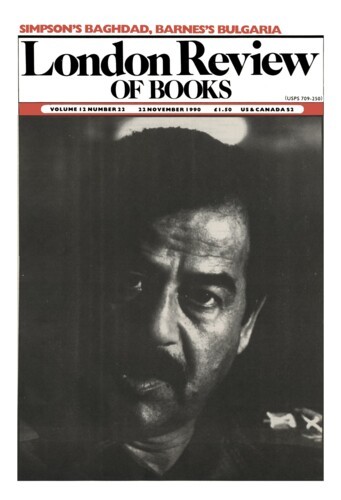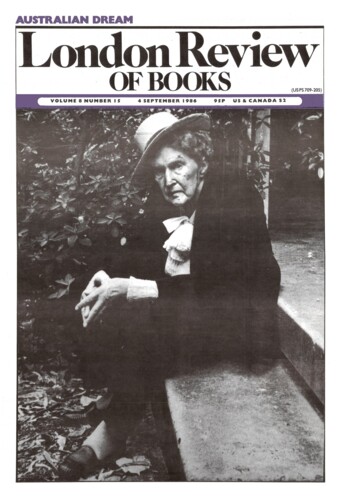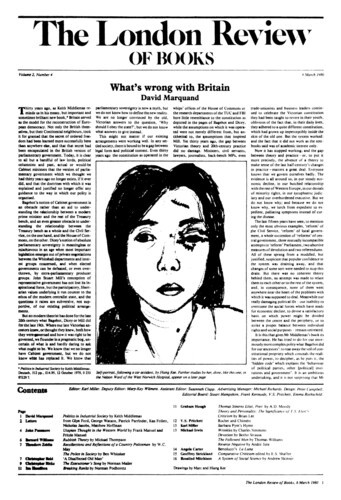John Passmore
John Passmore is Professor of Philosophy in the Australian National University. His books include The Perfectibility of Man and Science and its Critics.
Teacher
John Passmore, 4 September 1986
Opposite the title-page of Mr Baker’s skeletonised but substantially accurate account of John Anderson’s philosophy there stand two epigraphs. They are both from Heraclitus or, more precisely, from Burnet’s translation of that enigmatic philosopher. The first of them is ontological: ‘The world, which is the same for all, no one of gods or men has made; but it was ever, is now, and ever shall be an ever-living Fire, with measures kindling and measures going out.’ The second one might perhaps describe as methodological: ‘If you do not expect the unexpected, you will not find it: for it is hard to be sought out and difficult.’ For Baker to have begun thus is dead right: Heraclitus lies at the centre of Anderson’s thinking.
Great Good Places of the Mind
John Passmore, 6 March 1980
For a quarter of a century, Professor and Mrs Manuel have explored the highways and byways of Utopianism. Their task is now completed, their painstaking research encapsulated in a single monumental volume. Nothing less than ‘monumental’ will suffice to describe it: half a million words, at a rough estimate. Tighter editing would have excised an occasional sentence as repetitious or otiose. But that would have had no more substantial effect than a craftsman’s final polishing. The monolith remains, in a sense beyond criticism, simply there, an Ayer’s Rock of scholarship.
Pieces about John Passmore in the LRB
School for Love
Onora O’Neill, 21 May 1981
Nobody could be more aware than Professor Passmore of the hazards of writing on the philosophy of teaching. He notes disarmingly that ‘the chance of writing even a reasonably good book on...
Read anywhere with the London Review of Books app, available now from the App Store for Apple devices, Google Play for Android devices and Amazon for your Kindle Fire.
Sign up to our newsletter
For highlights from the latest issue, our archive and the blog, as well as news, events and exclusive promotions.



